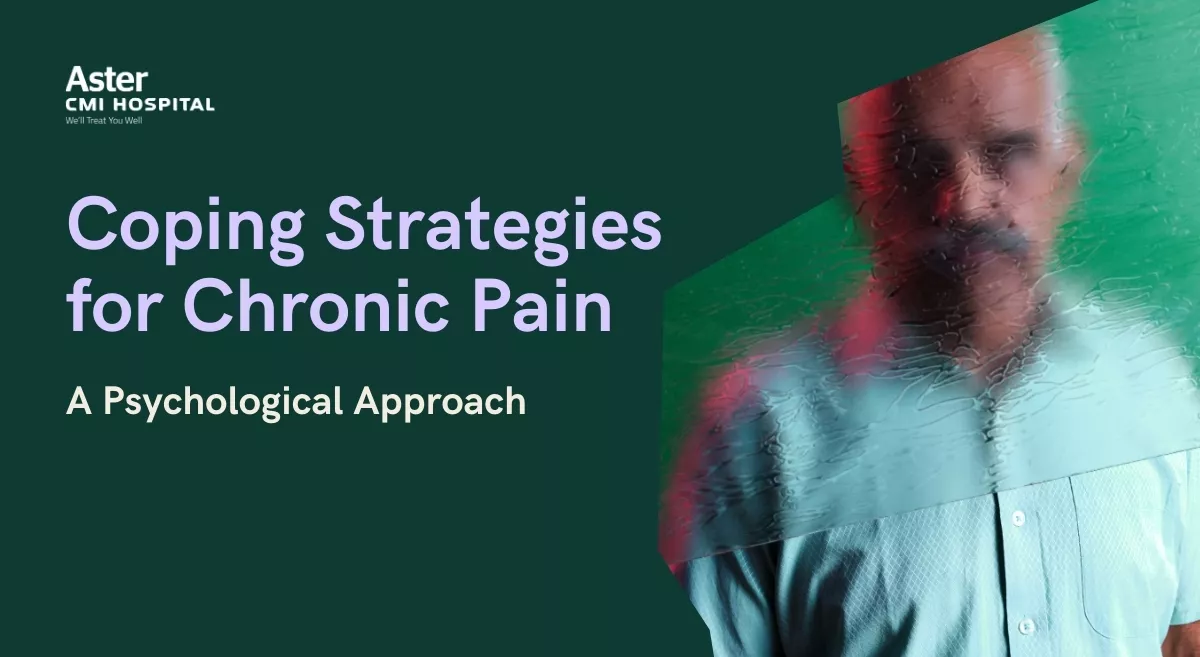Cancer recovery is a journey that goes beyond physical healing. Emotional distress—ranging from fear and anxiety to sadness and anger—is a common experience for patients and their families. Managing these emotions is essential for holistic recovery, as mental well-being plays a critical role in overall health.
Understanding Emotional Distress
Emotional distress during cancer recovery can manifest as:
- Fear of recurrence: Worrying about the return of cancer.
- Body image concerns: Struggling with physical changes from treatment.
- Role changes: Adapting to new responsibilities in relationships or work.
Acknowledging these emotions is the first step toward addressing them. Suppressing feelings can lead to increased stress, impacting recovery.
The Role of Therapy in Emotional Support
Psychotherapy, such as cognitive-behavioral therapy (CBT), helps patients identify and challenge negative thought patterns. Therapy sessions provide a safe space to express fears, process grief, and build coping mechanisms tailored to individual needs.
Mindfulness and Relaxation Techniques
Mindfulness practices like meditation and yoga can reduce anxiety and improve emotional regulation. Deep breathing exercises or progressive muscle relaxation are simple yet effective techniques to calm the mind and enhance focus during challenging moments.
Building a Support Network
Having a reliable support system is crucial. Whether it’s family, friends, or cancer support groups, connecting with others who understand your experience can provide emotional strength and practical advice. Sharing your journey with others fosters a sense of belonging and reduces feelings of isolation.
Maintaining a Positive Routine
Creating a routine that balances rest and activity can boost emotional well-being. Incorporate activities that bring joy, such as hobbies, walks in nature, or listening to music. Regular exercise, even in small amounts, can enhance mood by releasing endorphins.
Seeking Professional Help for Severe Distress
If emotional distress becomes overwhelming, seeking help from a psycho-oncologist or psychiatrist is essential. Professional intervention can address symptoms of depression, anxiety, or post-traumatic stress, ensuring that emotional health doesn’t hinder recovery.
Practicing Gratitude and Celebrating Milestones
Recognizing progress, no matter how small, can shift focus from challenges to achievements. Gratitude journaling or celebrating recovery milestones fosters a positive outlook and reinforces resilience.
Conclusion
Cancer recovery is as much about emotional strength as it is about physical healing. By embracing therapeutic support, mindfulness, and a strong support system, individuals can navigate the emotional challenges of recovery with greater ease and hope.











